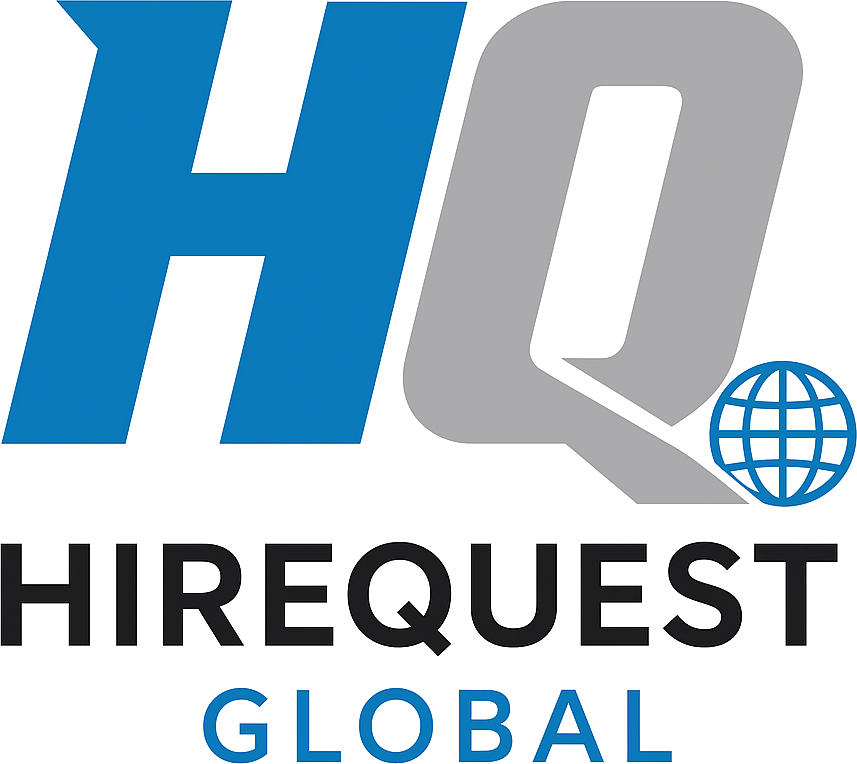Compliance monitoring and reporting are essential processes that help organizations ensure adherence to legal, regulatory, and internal standards. These practices not only protect businesses from penalties but also foster trust, transparency, and operational efficiency.
1. What is Compliance Monitoring?
Compliance monitoring refers to the systematic process of assessing whether an organization’s operations, policies, and practices align with applicable laws, regulations, and internal standards. It involves:
- Continuous Evaluation: Regularly reviewing processes to identify potential risks or areas of non-compliance.
- Preventive Measures: Implementing controls to mitigate risks before they escalate.
- Corrective Actions: Addressing identified issues promptly to maintain compliance.
2. Key Components of Compliance Monitoring
- Policies and Procedures: Establishing clear guidelines for employees to follow.
- Training and Awareness: Educating staff about compliance requirements and their roles in maintaining them.
- Internal Audits: Conducting periodic reviews to assess adherence to standards.
- Technology and Tools: Utilizing software solutions to automate monitoring and streamline reporting.
3. What is Compliance Reporting?
Compliance reporting involves documenting and communicating the organization’s compliance status to stakeholders, including regulators, management, and employees. It serves as a record of accountability and transparency.
4. Importance of Compliance Monitoring and Reporting
- Regulatory Adherence: Ensures the organization meets legal and industry-specific requirements.
- Risk Mitigation: Identifies and addresses potential risks before they result in penalties or reputational damage.
- Operational Efficiency: Streamlines processes and reduces redundancies.
- Stakeholder Trust: Demonstrates commitment to ethical practices and transparency.
5. Steps to Implement Effective Compliance Monitoring and Reporting
- Define Objectives: Clearly outline the goals of your compliance program.
- Develop a Plan: Create a compliance monitoring plan tailored to your organization’s needs.
- Assign Responsibilities: Designate a compliance team or officer to oversee the program.
- Use Technology: Leverage compliance management tools for real-time monitoring and reporting.
- Conduct Regular Audits: Schedule periodic reviews to ensure ongoing compliance.
- Report Findings: Share compliance reports with stakeholders and take corrective actions as needed.
6. Challenges in Compliance Monitoring
- Evolving Regulations: Keeping up with changes in laws and standards.
- Resource Constraints: Allocating sufficient time, personnel, and budget.
- Data Management: Ensuring accurate and secure handling of compliance data.
7. Best Practices for Success
- Foster a culture of compliance by emphasizing its importance across all levels of the organization.
- Stay updated on regulatory changes and adapt your compliance program accordingly.
- Invest in training programs to keep employees informed and engaged.
- Utilize compliance software to enhance efficiency and accuracy.
Disclaimer: HireQuest Global has compiled these helpful tips to assist you in navigating compliance processes effectively. The information provided here is for general guidance only and does not constitute legal advice. It is not legally binding. For specific legal concerns or tailored assistance, we strongly recommend consulting a qualified legal professional or referring to official government resources. HireQuest Global assumes no liability for any actions taken based on this information.
